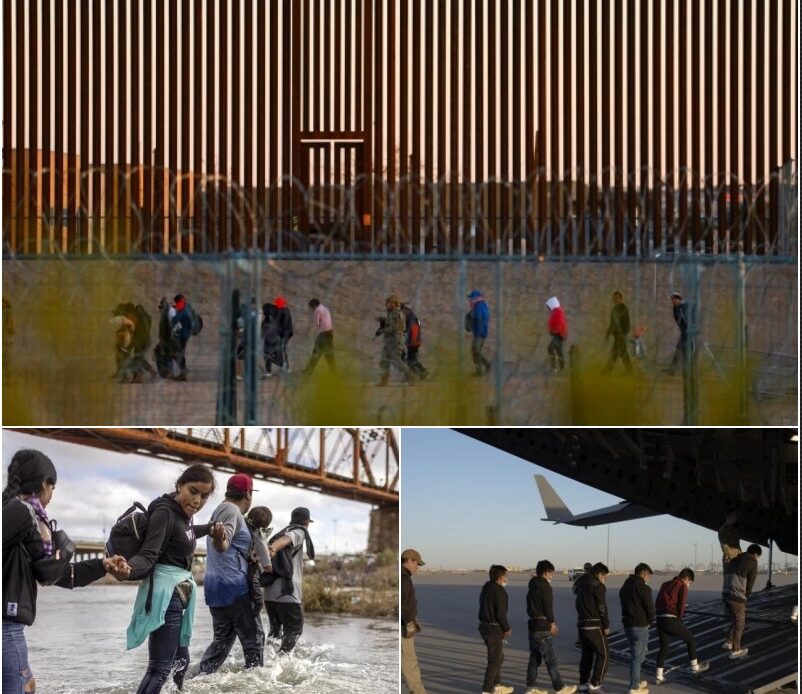The United States has recently revoked the temporary residency status of more than 500,000 immigrants, causing widespread uncertainty and distress among affected individuals and their families. This abrupt decision has raised numerous questions regarding the reasons behind it, the potential consequences, and what it means for the future of immigration policies in the U.S.
In this article, we’ll explore the key factors leading to this policy change, its legal and social implications, and what steps affected individuals can take moving forward.
## Understanding Temporary Residency in the U.S.
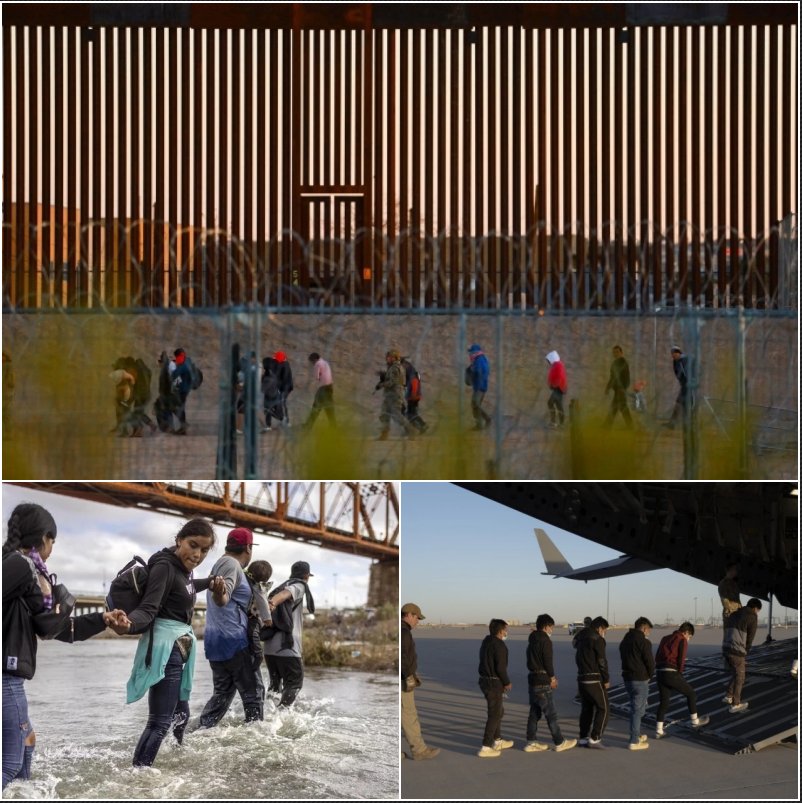
Temporary residency, often granted through programs such as Temporary Protected Status (TPS), Deferred Action for Childhood Arrivals (DACA), and humanitarian parole, allows immigrants to live and work legally in the U.S. for a specified period. These programs are designed to provide relief to individuals facing unsafe conditions in their home countries due to armed conflicts, natural disasters, or political instability.
However, these statuses are not permanent and depend on the political climate and executive decisions of the current administration. When such programs are revoked, individuals under them face an uncertain future, including the risk of deportation.
## Why Has the U.S. Revoked Temporary Residency for Over 500,000 Immigrants?
Several factors have contributed to the revocation of temporary residency for such a large number of immigrants:
### 1. **Policy Shifts and Stricter Immigration Laws**
The U.S. government has been implementing stricter immigration policies, with an emphasis on border security and reducing unauthorized migration. These policy shifts often result in the reassessment and termination of temporary immigration programs.
### 2. **Expiration of TPS for Certain Countries**
Temporary Protected Status (TPS) is granted to nationals of countries experiencing severe crises. However, TPS designations are not meant to be permanent. The government periodically reviews these designations, and if conditions are deemed to have improved, TPS protections may be removed. Recently, the U.S. has determined that several countries no longer qualify for TPS, leading to the loss of residency for many individuals.
### 3. **Changes in Humanitarian Programs**
Some immigrants were granted temporary residency through humanitarian parole or special relief measures, especially during crises like the COVID-19 pandemic or the Afghanistan withdrawal. However, as the government reassesses these programs, many individuals are now losing their legal status.
### 4. **Political Influence and Executive Orders**
Different administrations have varying stances on immigration. A change in leadership often results in shifts in immigration policies, including the revocation of programs implemented by previous administrations. The recent revocations appear to be part of broader efforts to tighten immigration controls.
## Who Is Affected by This Decision?
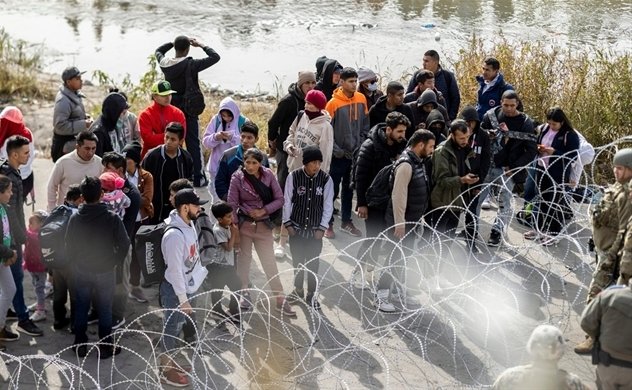
The policy change has impacted individuals from various backgrounds, including:
– **TPS Holders:** Immigrants from countries like El Salvador, Haiti, Honduras, Nicaragua, Nepal, and Sudan who have relied on TPS for years.
– **DACA Recipients:** Although not directly affected by this specific revocation, many DACA recipients face similar uncertainties due to ongoing legal battles.
– **Afghan and Ukrainian Refugees:** Many who entered under emergency humanitarian programs now face the risk of losing their status.
– **Asylum Seekers:** Individuals awaiting a decision on their asylum cases may also be affected if their temporary protection is removed.
## What Are the Consequences of Losing Temporary Residency?
The revocation of temporary residency leads to significant consequences, including:
### 1. **Risk of Deportation**
Without legal status, individuals become vulnerable to deportation. Immigration and Customs Enforcement (ICE) may prioritize the removal of individuals whose protections have expired.
### 2. **Loss of Work Authorization**
Many affected immigrants hold work permits tied to their residency status. Losing their status means they can no longer legally work, leading to financial instability for them and their families.
### 3. **Family Separation**
Many immigrants with temporary residency have built lives in the U.S., including raising children who are U.S. citizens. The loss of legal status could force families to separate as parents face deportation while their children remain in the country.
### 4. **Psychological and Social Stress**
The fear of deportation and uncertainty about the future can take a significant toll on mental health, causing anxiety, depression, and emotional distress among affected individuals and their families.
## What Can Affected Individuals Do?
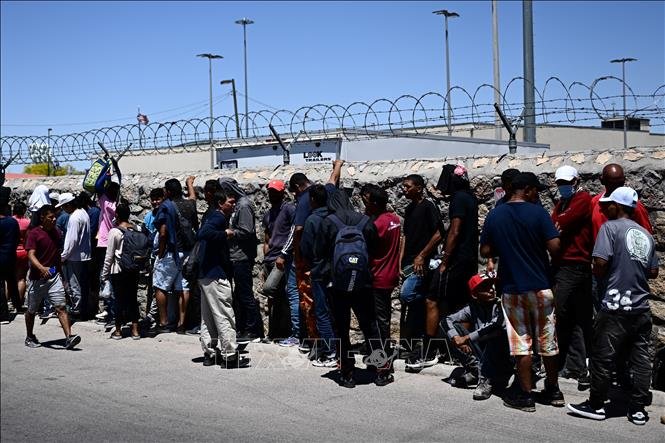
If you or someone you know has lost temporary residency, there are several steps to take:
### 1. **Seek Legal Assistance**
Consulting an immigration attorney is crucial. Legal professionals can assess options such as:
– Applying for alternative visas or legal status.
– Seeking asylum if returning home poses a danger.
– Filing for a legal challenge against the revocation.
### 2. **Stay Informed About Policy Changes**
Immigration laws and policies change frequently. Staying updated through reliable sources and advocacy organizations can help affected individuals understand their rights and options.
### 3. **Consider Humanitarian Relief Programs**
Some immigrants may qualify for new humanitarian relief programs introduced by the government. Checking eligibility for these programs is important.
### 4. **Engage with Advocacy Groups**
Organizations such as the American Civil Liberties Union (ACLU) and the National Immigration Law Center (NILC) actively fight for immigrant rights. Engaging with these groups can provide support and resources.
## The Future of Immigration Policies in the U.S.
The revocation of temporary residency for over half a million immigrants highlights the ongoing challenges within U.S. immigration policy. The debate over immigration continues to shape political discourse, with some advocating for stricter measures while others push for more inclusive and permanent solutions.
Future policies will depend on:
– **Upcoming elections and political leadership.**
– **Public and advocacy group pressure on lawmakers.**
– **Court rulings on immigration-related cases.**
## Conclusion
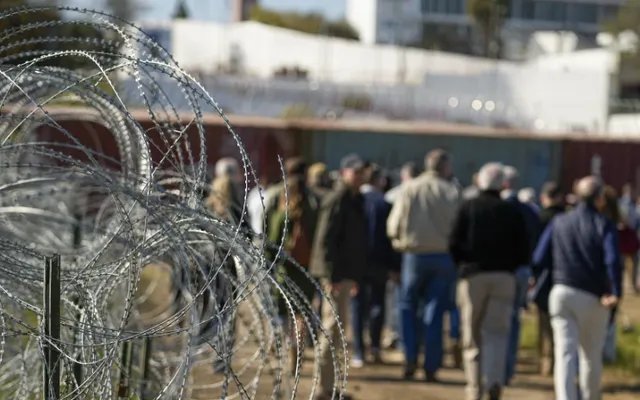
The loss of temporary residency for over 500,000 immigrants is a significant development that underscores the volatile nature of U.S. immigration policies. For those affected, legal support, advocacy, and staying informed are critical in navigating the uncertain road ahead.
As the immigration landscape continues to evolve, it remains essential for affected individuals and their supporters to seek solutions, push for policy changes, and ensure their voices are heard in the broader debate on immigration reform.
